The Red Dress (1978)
Genre : Drama
Runtime : 27M
Director : Michael J.F. Scott
Synopsis
Kelly is a Métis man without treaty or hunting rights, struggling to sustain his traditional life. His daughter Theresa longs for a red dress from France that she believes will give her power and strength, as the bear claw once did for her great-grandfather Muskwa. When Theresa escapes an assault and Kelly turns his back on his daughter, he realizes that he must reconnect with his culture in order to make things right. Today, the red dress is a powerful symbol recognizing over 1000 missing and murdered Indigenous women in Canada.
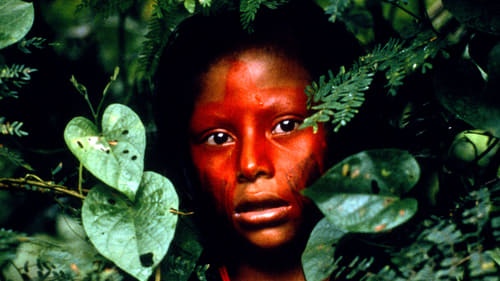
A paralysingly beautiful documentary with a global vision—an odyssey through landscape and time—that attempts to capture the essence of life.
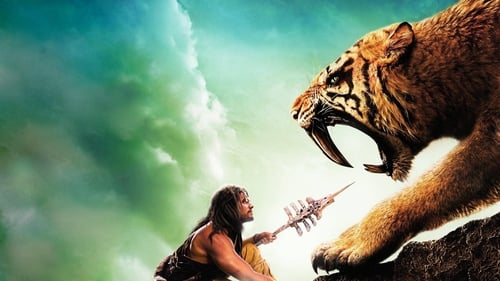
A prehistoric epic that follows a young mammoth hunter's journey through uncharted territory to secure the future of his tribe.
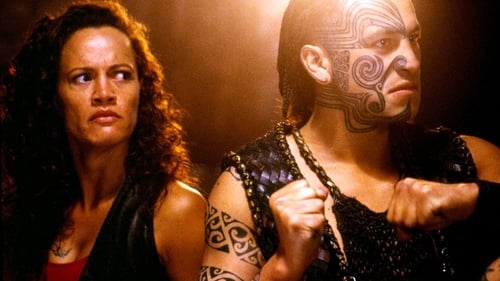
A drama about a Maori family living in Auckland, New Zealand. Lee Tamahori tells the story of Beth Heke’s strong will to keep her family together during times of unemployment and abuse from her violent and alcoholic husband.
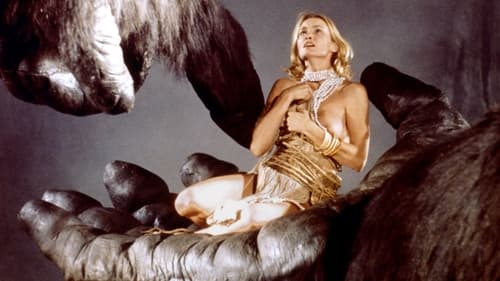
In this remake of the 1933 classic, an oil company expedition disturbs the peace of a giant ape and brings him back to New York to exploit him.

A detective teams up with a young female archaeologist to unravel the mysterious death of a 'bog body' found in a native swamp rumoured to have curative powers. It is the story of two wounded souls searching for healing and redemption
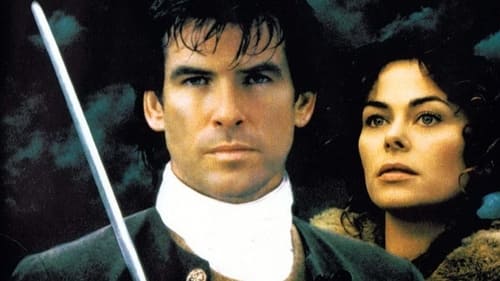
Robinson Crusoe flees Britain on a ship after killing his friend over the love of Mary. A fierce ocean storm wrecks his ship and leaves him stranded by himself on an uncharted island. Left to fend for himself, Crusoe seeks out a tentative survival on the island, until he meets Friday, a tribesman whom he saves from being sacrificed. Initially, Crusoe is thrilled to finally have a friend, but he has to defend himself against the tribe who uses the island to sacrifice tribesman to their gods. During time their relationship changes from master-slave to a mutual respected friendship despite their difference in culture and religion.
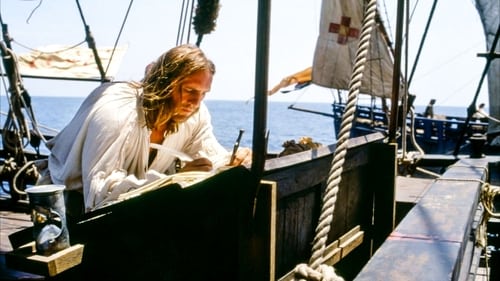
1492: Conquest of Paradise depicts Christopher Columbus’ discovery of The New World and his effect on the indigenous people.
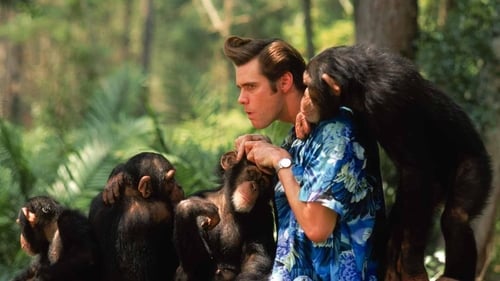
Summoned from an ashram in Tibet, Ace finds himself on a perilous journey into the jungles of Africa to find Shikaka, the missing sacred animal of the friendly Wachati tribe. He must accomplish this before the wedding of the Wachati's Princess to the prince of the warrior Wachootoos. If Ace fails, the result will be a vicious tribal war.
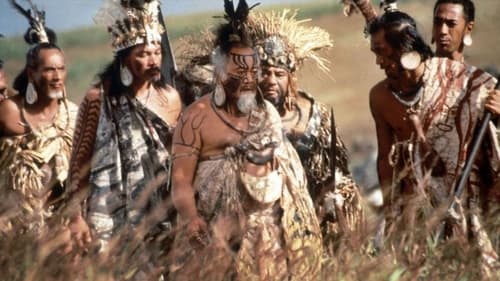
Inter-tribal rivalry leads to a competition to erect a huge statue (moai) in record time before Make can take part in the race to retrieve the egg of a Sooty Tern. The reward for winning this race is to rule the island for one year.

Mayan Renaissance is a feature length film which documents the glory of the ancient Maya civilization, the Spanish conquest in 1519, 500 years of oppression, and the courageous fight of the Maya to reclaim their voice and determine their own future, in Guatemala and throughout Central America. The film stars 1992 Nobel Peace Laureate and Maya Leader Rigoberta Mencu Tum. All of the images, voices, expert commentary and music in the film come directly from Central America, the heart of the Mayan World.

The Living Stone is a 1958 Canadian short documentary film directed by John Feeney about Inuit art. It shows the inspiration behind Inuit sculpture. The Inuit approach to the work is to release the image the artist sees imprisoned in the rough stone. The film centres on an old legend about the carving of the image of a sea spirit to bring food to a hungry camp. It was nominated for an Academy Award for Best Documentary Short.
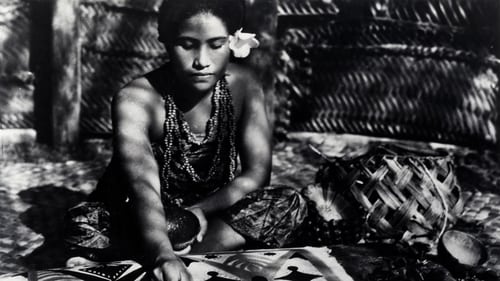
Robert J. Flaherty's South Seas follow-up to Nanook of the North is a Gauguin idyll moved by "pride of beauty... pride of strength."
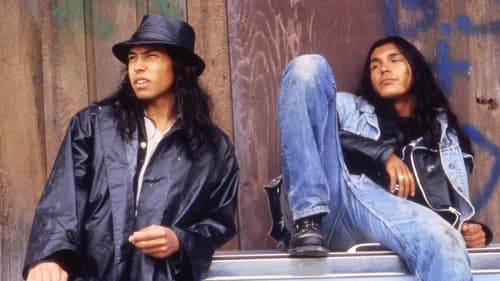
Explores the sensitive, and tense, relationship between life on an First Nations reservation and life in the outside world. When Native Canadian Silas Crow is forced to write a personal essay in order to get a much-desired job, he tells the story of the rape and murder of an Indian girl by a drunken thug. When the killer received a lenient two-year sentence for manslaughter, the First Nations community felt shock and anger -- and tried desperately to deal with the after-effects of this lack of justice.

A story of destinies joined by Guatemala's past, and how a documentary film intertwined with a nation's turbulent history emerges as an active player in the present.
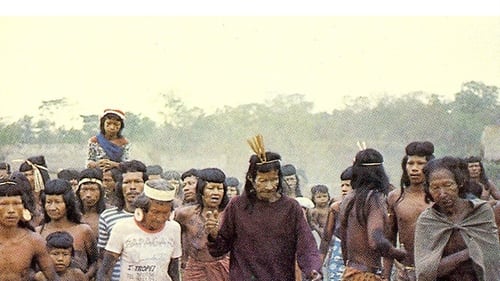
Carapiru is a member of one of Brazil's remaining indigenous peoples, living in harmony with nature and making wise use of the local flora and fauna. But Carapiru is suddenly forced to fend for himself and flees into the nearby rain forest, building a new life for himself with the help some sympathetic settlers. However, after rebuilding his life Carapiru is uprooted once again, this time by government agents. A expressive visual storytelling in this study of the native peoples of Brazil in the 21st century.
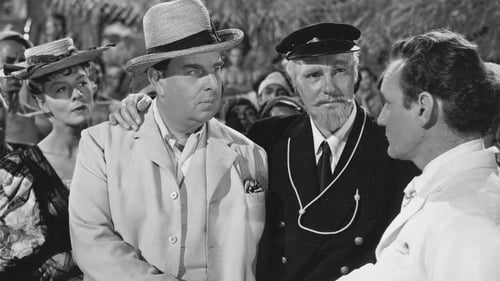
After financial improprieties are discovered at the Eastern trading company where he works, Peter Willems flees the resulting disgrace and criminal charges. He persuades the man who gave him his start in life, the merchant ship captain Lingard, to bring him to a trading post on a remote Indonesian island where he can hide out.
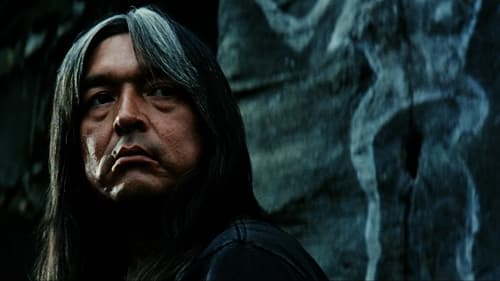
A white lawyer finds his values shaken when he is paired with an angry Indigenous activist who insists on kidnapping the head of a logging company to teach him the price of his destruction.
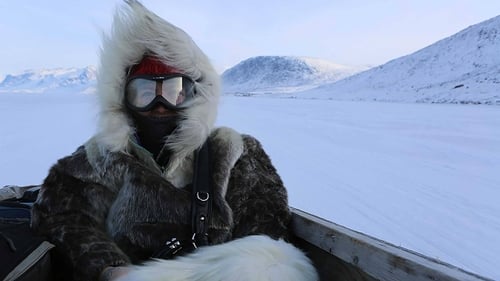
With "sealfies" and social media, a new tech-savvy generation of Inuit is wading into the world of activism, using humour and reason to confront aggressive animal rights vitriol and defend their traditional hunting practices. Director Alethea Arnaquq-Baril joins her fellow Inuit activists as they challenge outdated perceptions of Inuit and present themselves to the world as a modern people in dire need of a sustainable economy.
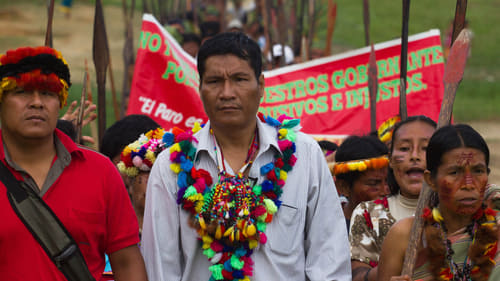
In this tense and immersive tour de force, audiences are taken directly into the line of fire between powerful, opposing Peruvian leaders who will stop at nothing to keep their respective goals intact. On the one side is President Alan Garcia, who, eager to enter the world stage, begins aggressively extracting oil, minerals, and gas from untouched indigenous Amazonian land. He is quickly met with fierce opposition from indigenous leader Alberto Pizango, whose impassioned speeches against Garcia’s destructive actions prove a powerful rallying cry to throngs of his supporters. When Garcia continues to ignore their pleas, a tense war of words erupts into deadly violence.


















